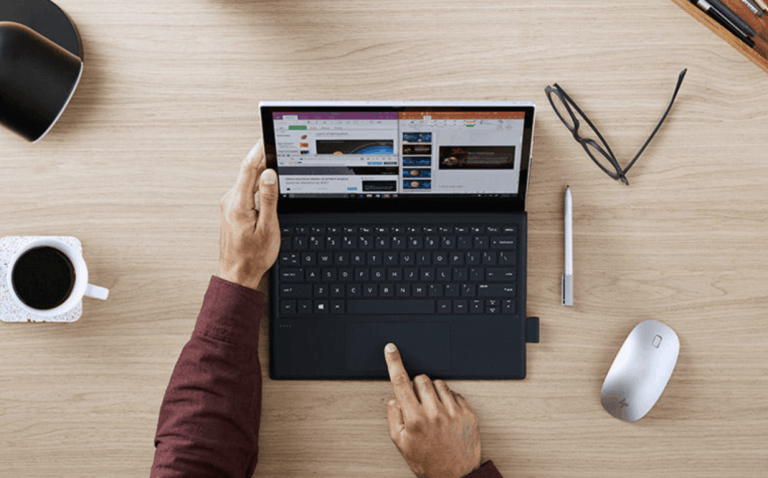Microsoft recently released its new Surface Pro X, and despite the tablet using a more powerful custom-designed ARM processor, there are still performance issues when using emulated Win32 apps. Microsoft’s emulation technology for Windows 10 on ARM also doesn’t support 64-bits x86 (x64)apps , making devices like the Surface Pro X unable to run popular productivity apps that aren’t available in a 32-bit version.
According to a new report from Neowin, Microsoft is looking to fix this compatibility issue by bringing support for 64-bit x86 app emulation on Windows 10 on ARM. Running x64 apps on Windows 10 on ARM PCs could be ready for Windows 10 21H1, the first major update for Windows 10 coming in the first half of 2021 according to Woods:
Speaking with several sources, I can confirm that Microsoft is indeed working on bringing x64 app emulation to Windows on ARM. When that will happen is a bit more unclear, but it seems like it could be in Windows 10 21H1, which would mean that the general public will have access to it in the first half of 2021, and Windows Insiders will be able to test it out next year.
Neither Microsoft or Qualcomm have commented yet on x64 apps emulation on Windows 10 on ARM, and many questions still remain, including performance. Moreover, when a legacy app is available in both 32-bit and 64-bit flavors, which version is going to be downloaded on a Windows 10 on ARM PC? That’s still unclear, and the situation should remain confusing until more developers recompile their apps for the ARM64 architecture.
Still, bringing x64 app emulation to Windows 10 on ARM should be a positive thing for the platform, reducing compatibility issues for users. As of today, Windows 10 on ARM doesn’t do a great job to explain why some apps aren’t compatible on PCs with ARM processors, and even when they do, some emulated Win32 apps can offer sub-par performance.
It’s still early days for Windows 10 on ARM, and we’ll have more to say about it in our upcoming Surface Pro X review. Using ARM processors on PCs has some great advantages, allowing manufacturers to create slimmer PCs with built-in LTE connectivity, but this won’t really matter until more popular legacy apps run without issues on these machines.


